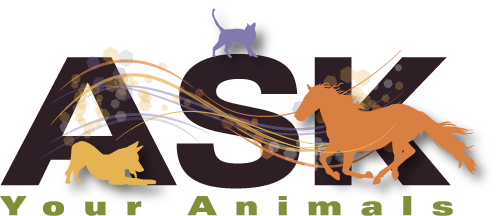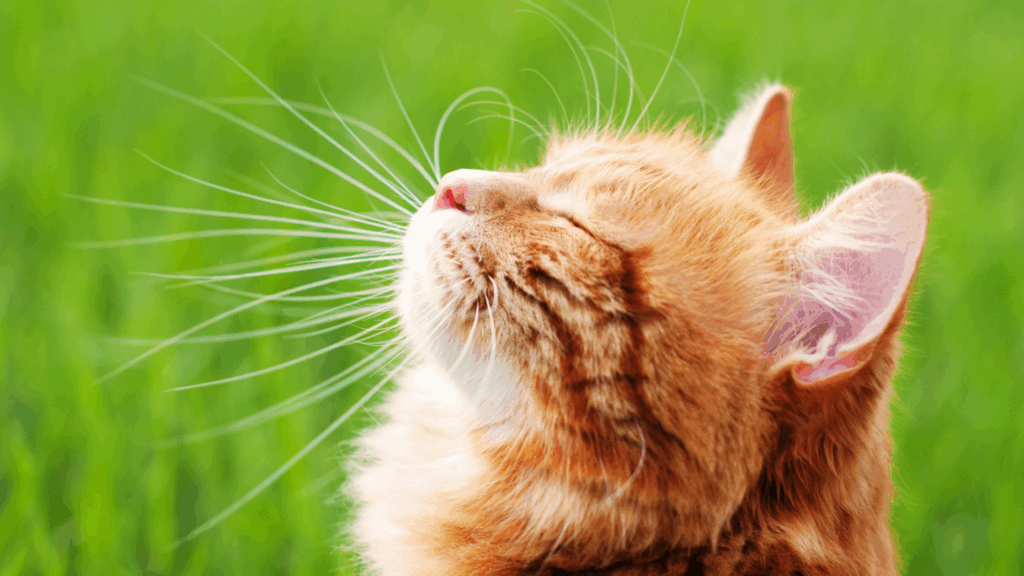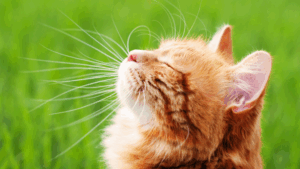As an animal communicator, one of the patterns I see every year, without fail, is that many animals become more energetically sensitive and emotionally unsettled during the summer months. And it’s not just the heat.
In my recent blog, “How Animals Are Raising the Vibration of the World,” I shared how animals play a vital role in our energetic ecosystems. But in order for them to hold that space for us, we need to make sure they’re being supported—especially during times of seasonal transition.
Summer brings a perfect storm of environmental, emotional, and routine-based shifts that can deeply affect our pets’ well-being. While some animals may love basking in the sun or tagging along on road trips, others begin to show signs of stress, overstimulation, or imbalance—and often, their humans don’t realize why.
If your dog, cat, or horse seems a little “off” right now, you’re not alone. Below are some of the most common summer sensitivities and how you can help your pet feel more grounded, regulated, and safe.
1. Heat and Hydration
Summer heat doesn’t just affect the body—it amplifies energy. For animals who are already sensitive, anxious, or unsettled, rising temperatures can heighten their discomfort.
Watch for signs like:
- Panting, pacing, or avoiding usual resting spots
- Withdrawal to cool, dark areas
- Irritability or lethargy, especially in horses
How to help:
- Keep fresh, cool water available at all times
- Avoid walks, rides, or turnout during peak heat hours
- Use cooling tools: fans, damp cloths, shaded areas, or cooling mats
- Add a splash of low-sodium bone broth or coconut water (vet-approved) to boost hydration
Know the signs of heatstroke:
- Excessive panting
- Rapid heartbeat
- Weakness or vomiting
- Bright red gums or glassy eyes
- Collapse or confusion
If you suspect heatstroke, move your pet to a shaded area, apply cool (not cold) water to paws and belly, and seek immediate veterinary help.
2. Increased Stimulation from Crowds and Noise
Summer often means more outdoor activity: cookouts, construction, fireworks, lawn equipment, and general hustle. While some pets can handle the noise and energy, others become overstimulated quickly.
You may notice changes in your pet’s sleep, eating habits, or overall demeanor—sometimes mistaken for disobedience or illness, but actually a response to energetic overload.
How to help:
- Set up a quiet retreat zone indoors with a cozy bed and minimal noise
- Use calming aids like white noise, soft music, or flower essence sprays
- Avoid crowded places if your pet is easily overwhelmed
- After busy days, offer grounding time with brushing, massage, snuggles, or gentle walks
3. Seasonal Allergies… or Something More?
Like humans, pets can suffer from seasonal allergies—especially in early summer when pollen, grasses, and mold spores are high. But not every itch is caused by allergens; some can reflect stress, immune imbalance, or energetic disharmony.
Common signs of allergies:
- Excessive licking or grooming
- Itchy ears or paws
- Sneezing, nasal discharge, or watery eyes
- Hot spots or recurring rashes
What to do:
If symptoms persist, do an animal communication session for a body scan, and partner with your veterinarian. They can help rule out infections or intolerances, and an animal communicator can help you uncover whether emotional or environmental stressors may also be at play.
4. The Disruption of Routine
One of the most overlooked summer stressors is a change in rhythm. The school year ends, vacations are planned, schedules shift—what was once predictable now feels scattered.
For our animals, this change can feel confusing and even scary. Your dog may follow you more, your cat may hide, or your horse may act out or seem withdrawn. They don’t understand why everything changed—they just feel the shift.
How to help:
- Keep daily feeding, walking, and rest times as consistent as possible
- Give pets space and quiet time away from summer chaos
- If routines must change, help them adjust gradually
- Ask kids and guests to engage gently and respectfully with your animals
Pet’s Feel What You Feel
Your animal may not know it’s “summer,” but they know when something feels off. They feel your stress, excitement, anxiety, or overwhelm—even if you don’t say a word.
Supporting your animal through summer means tending to both their energetic well-being and their physical needs. With awareness, intention, and consistency, you can help them stay regulated, grounded, and connected—even as the world shifts around them.



